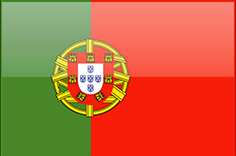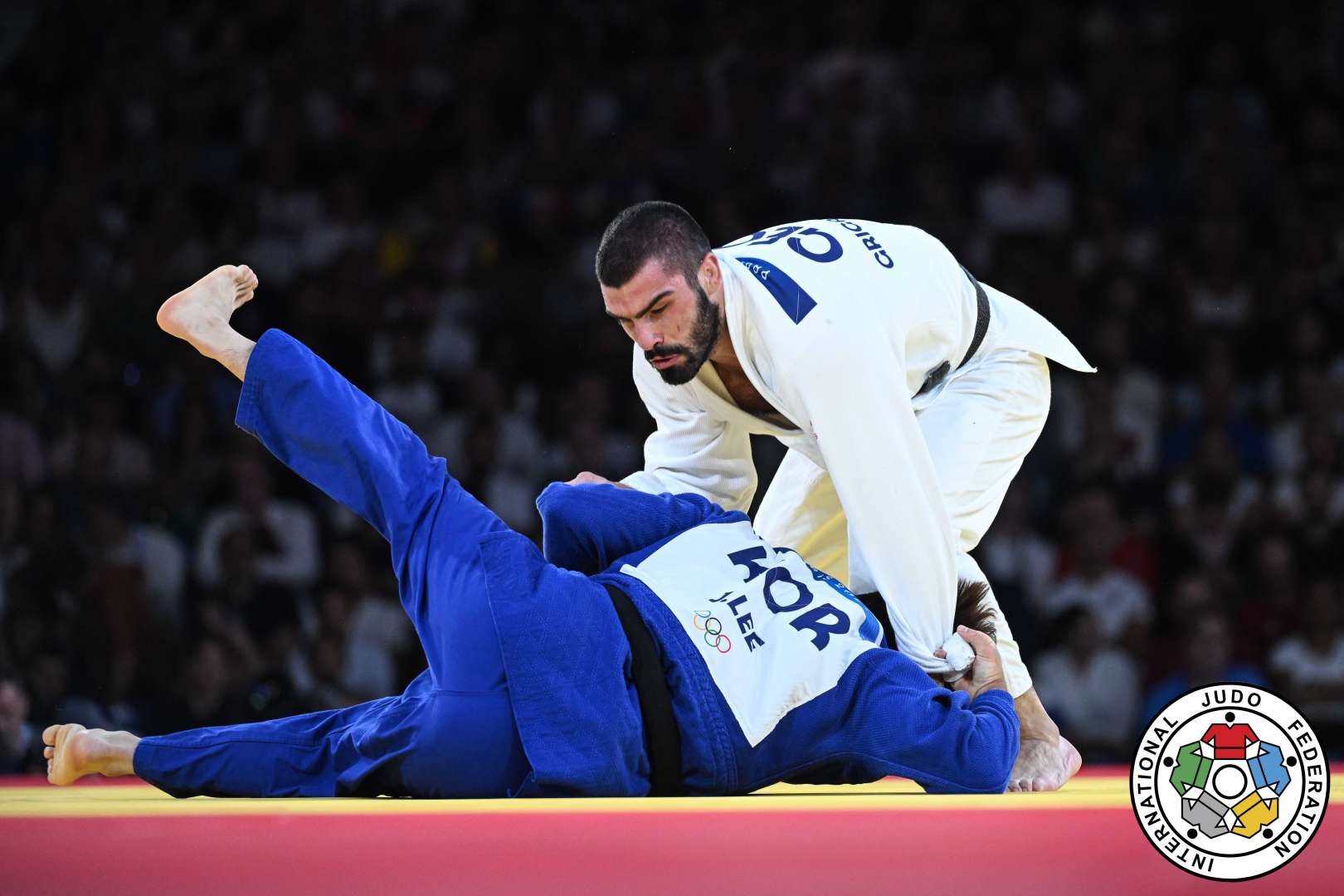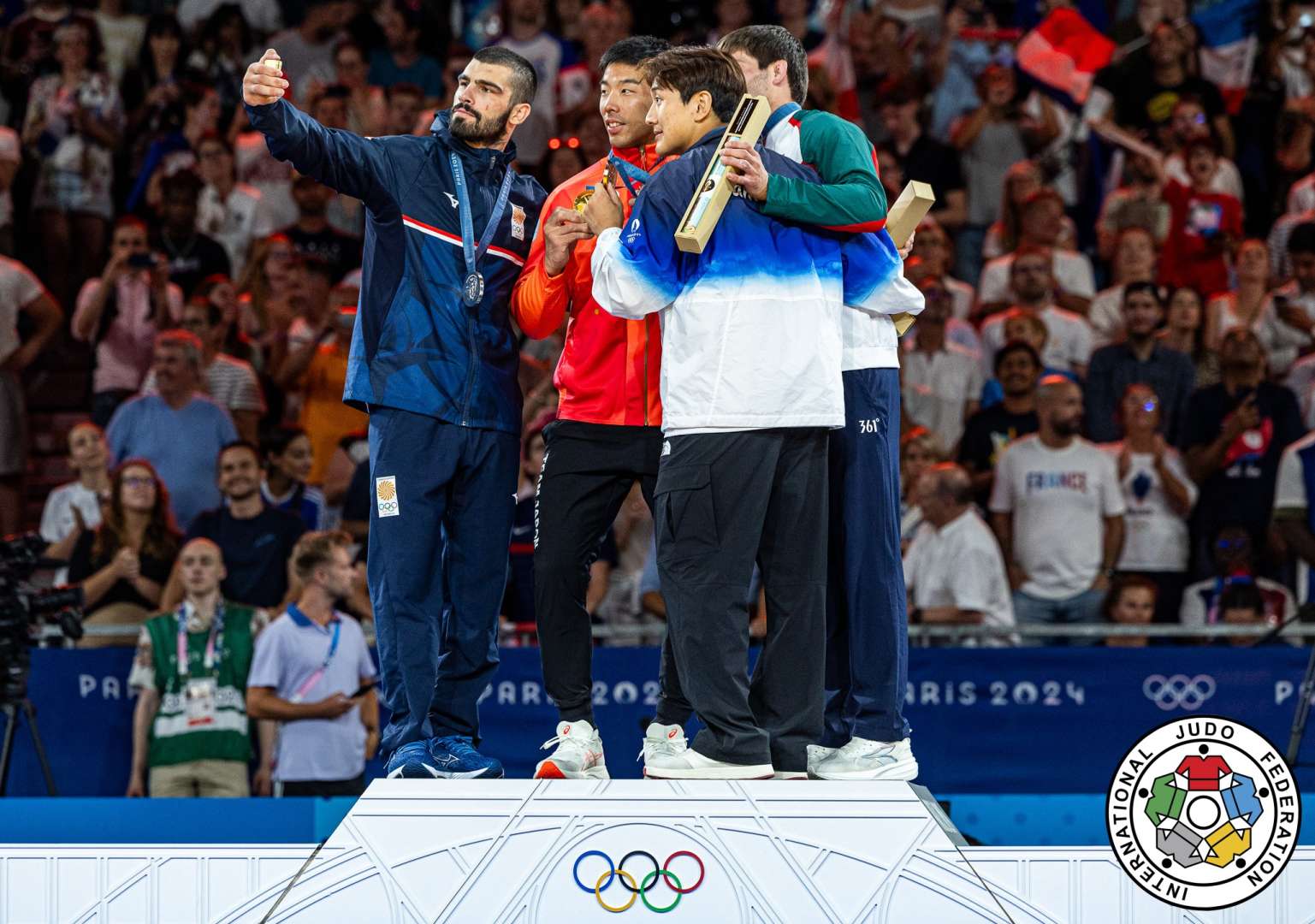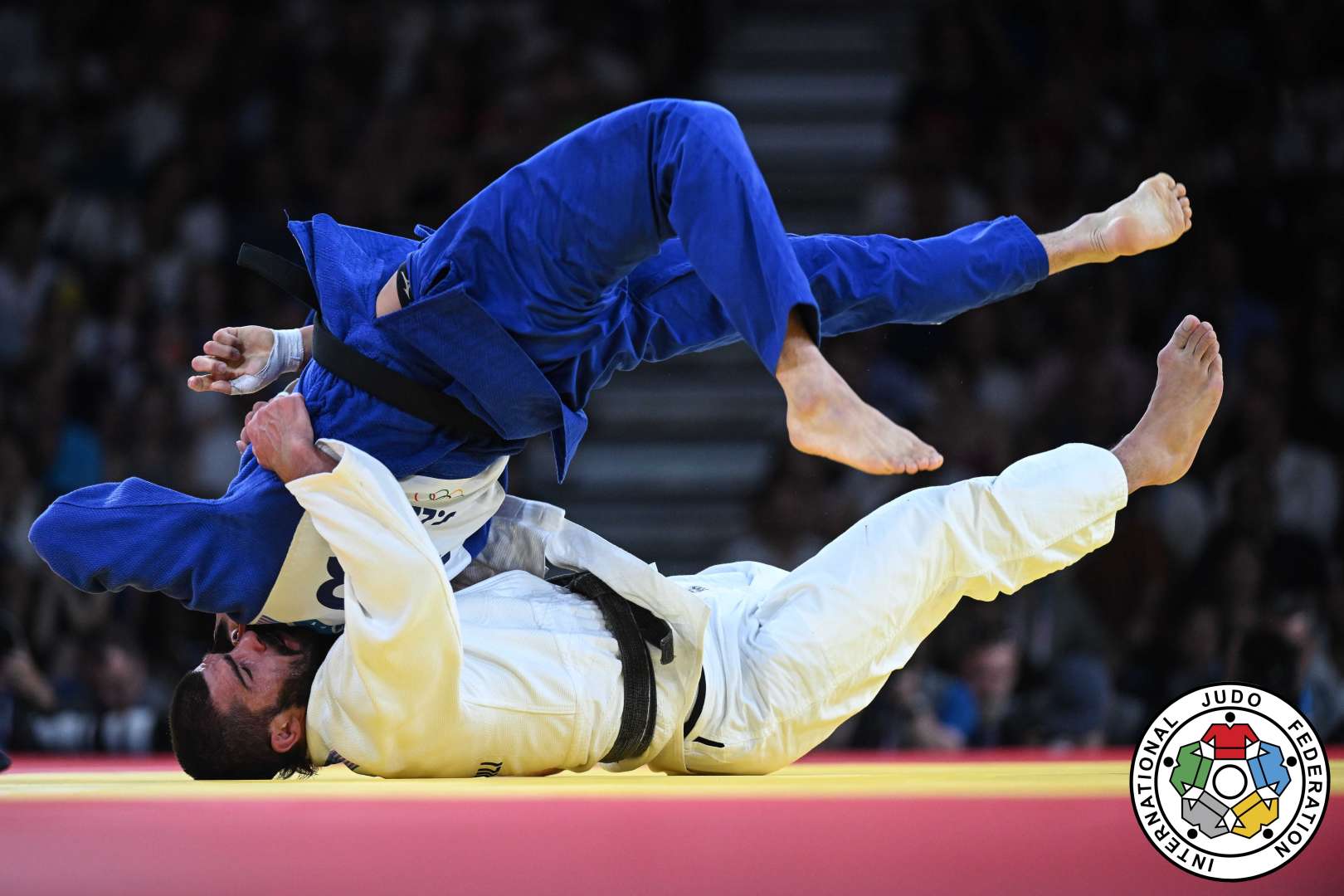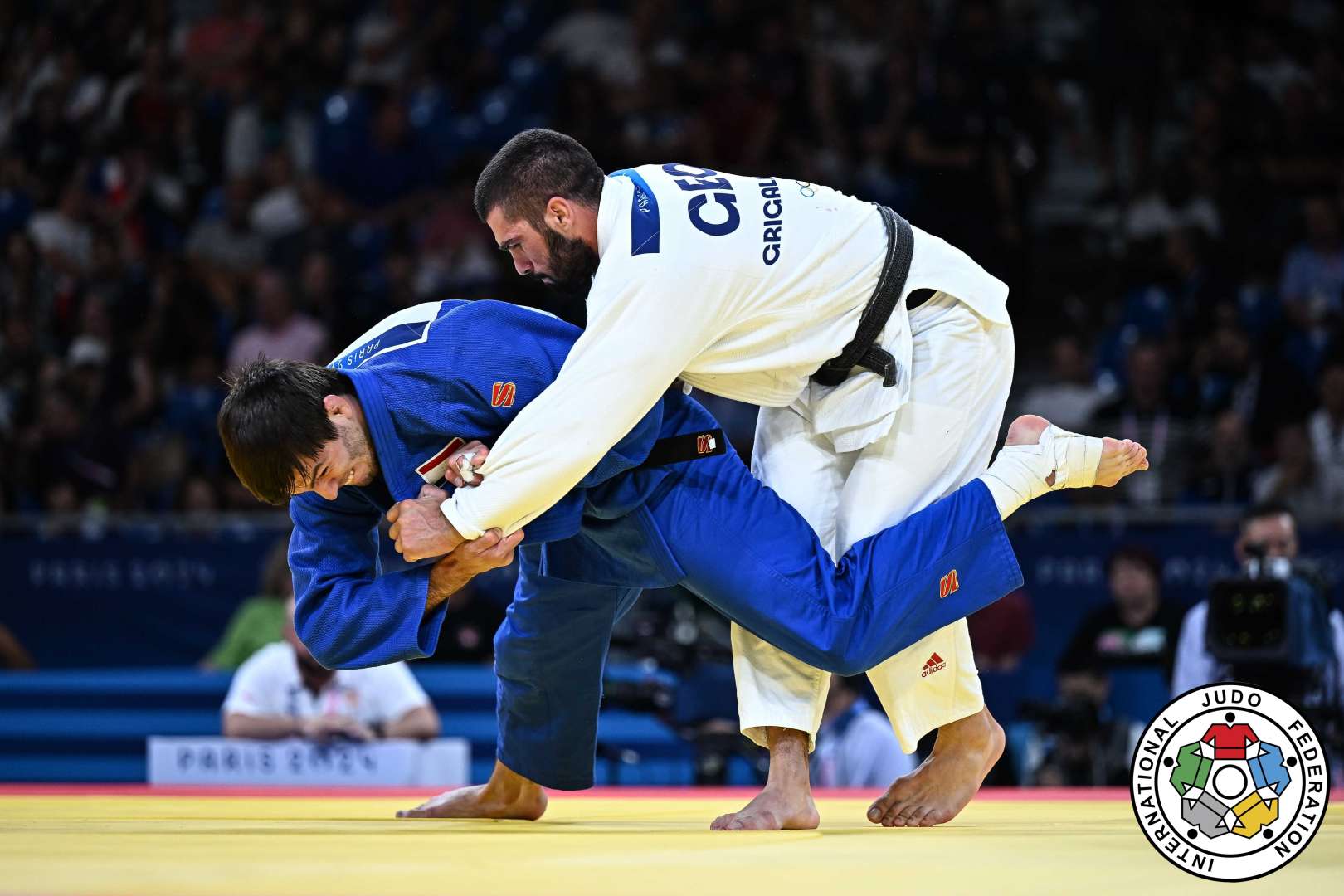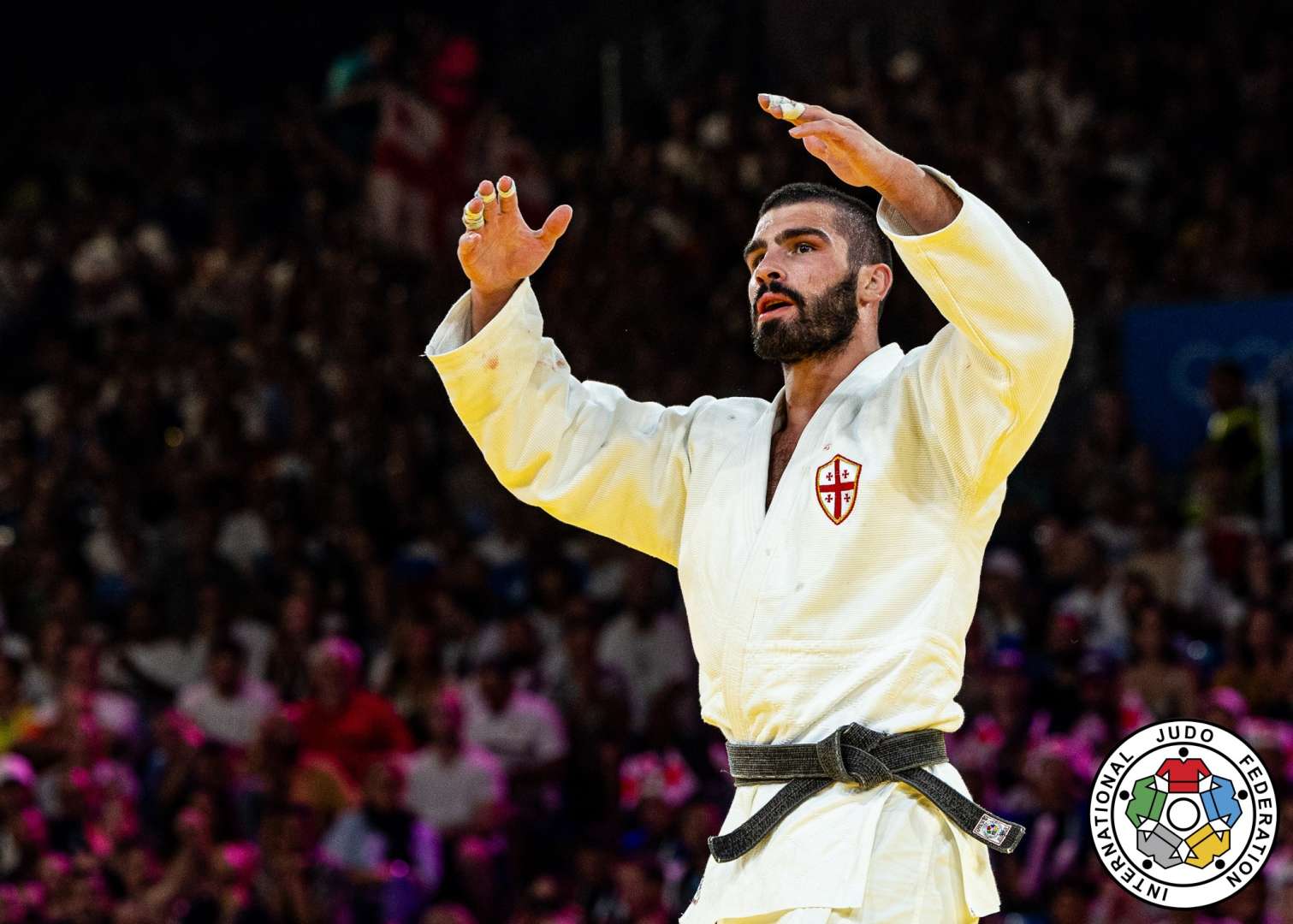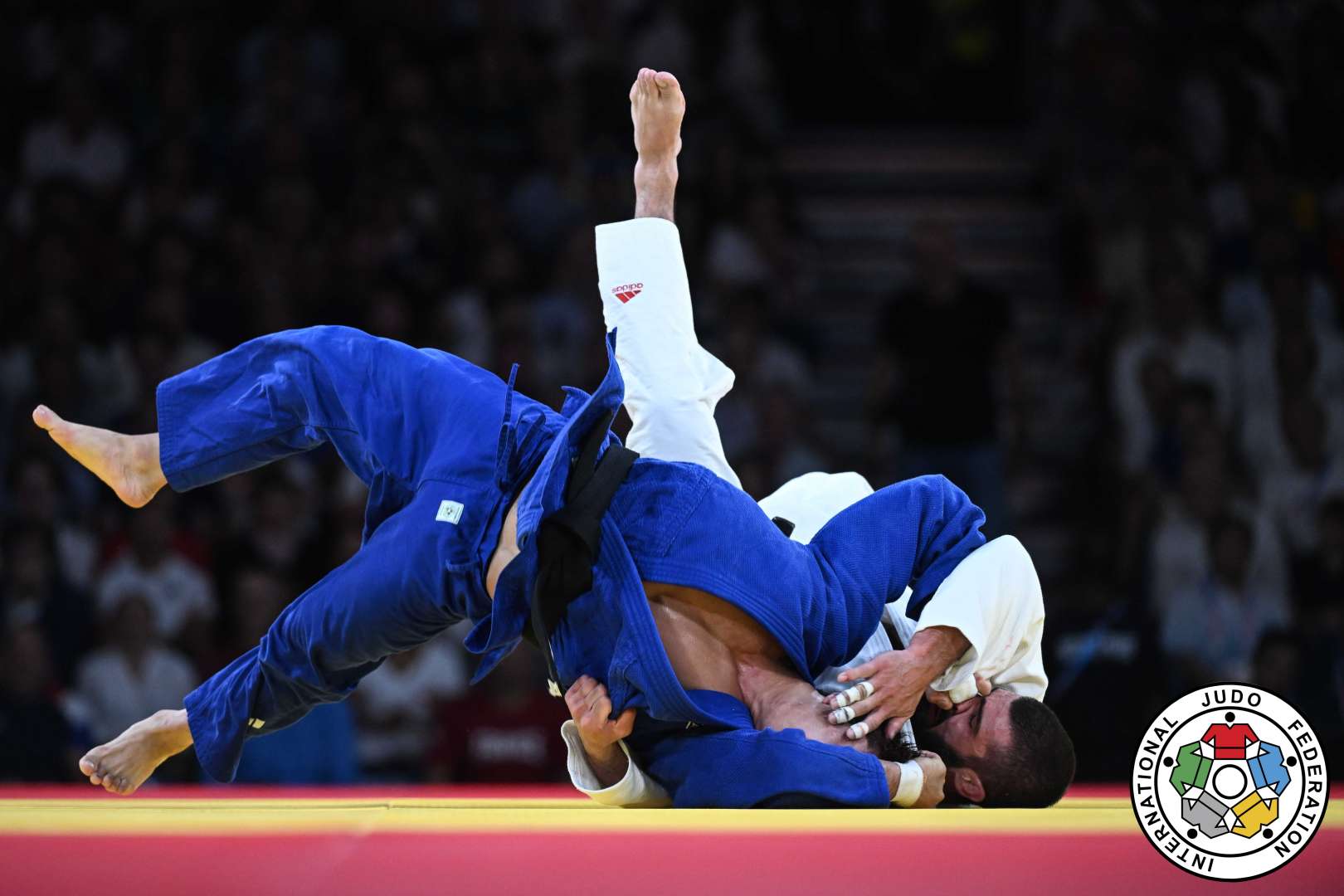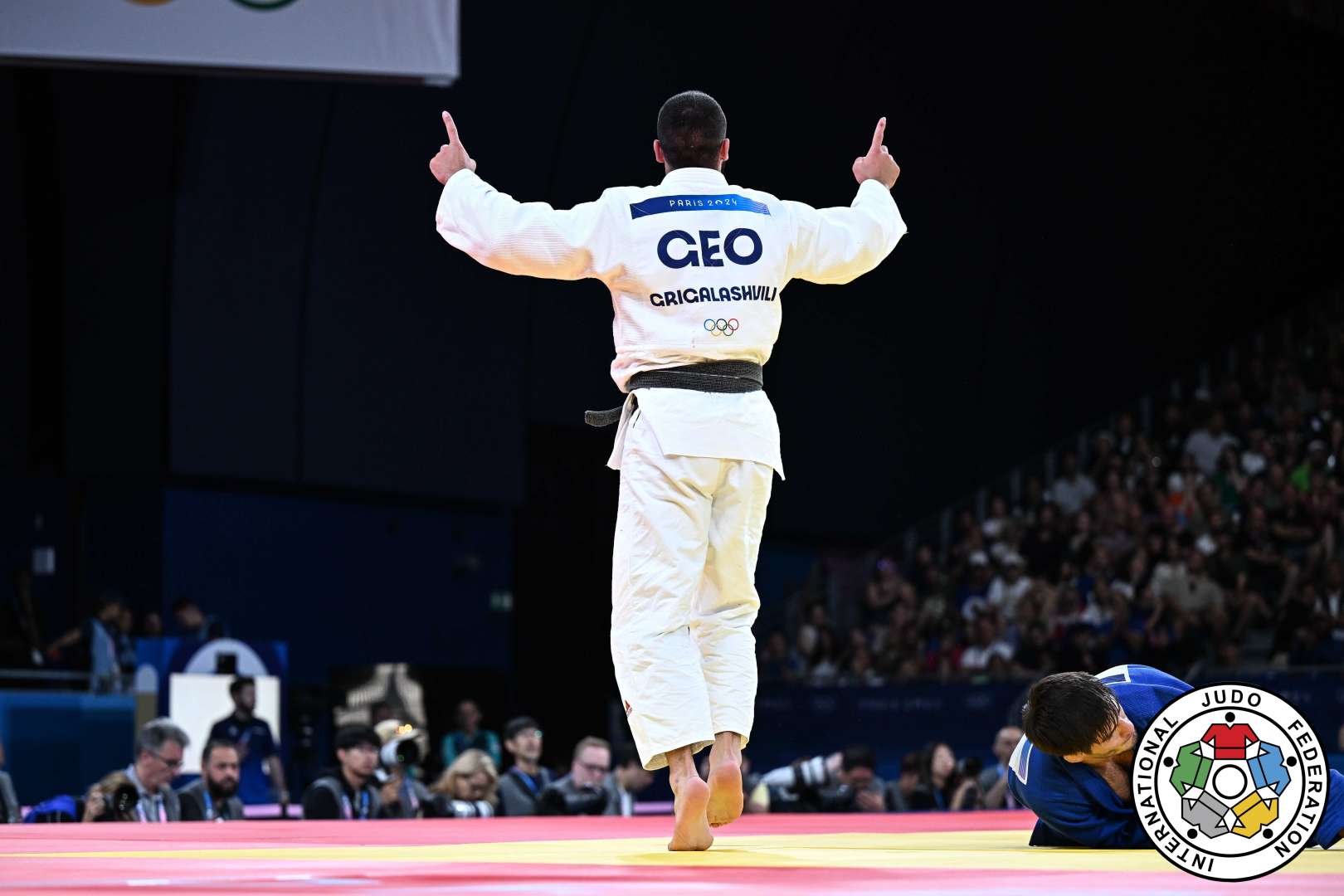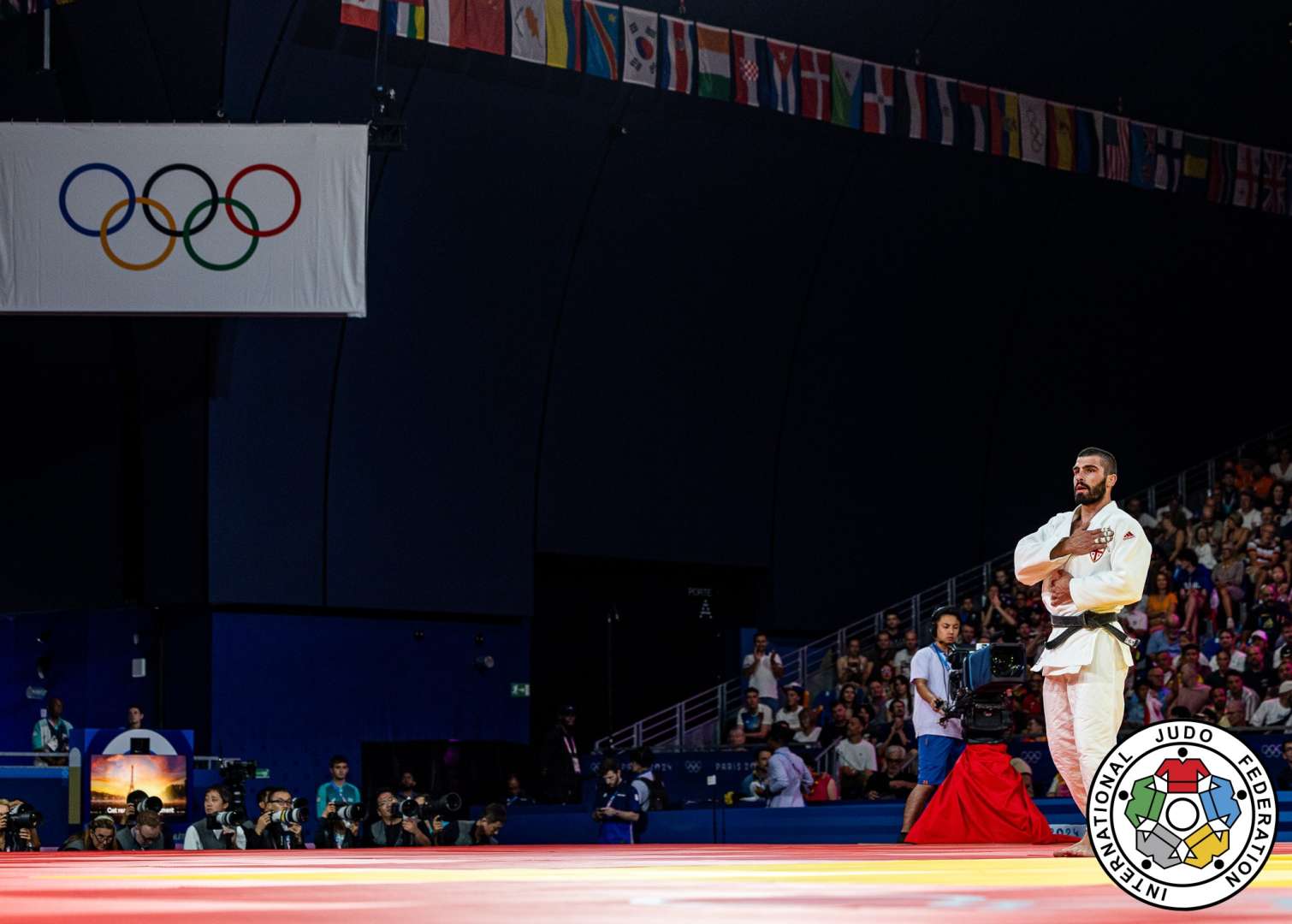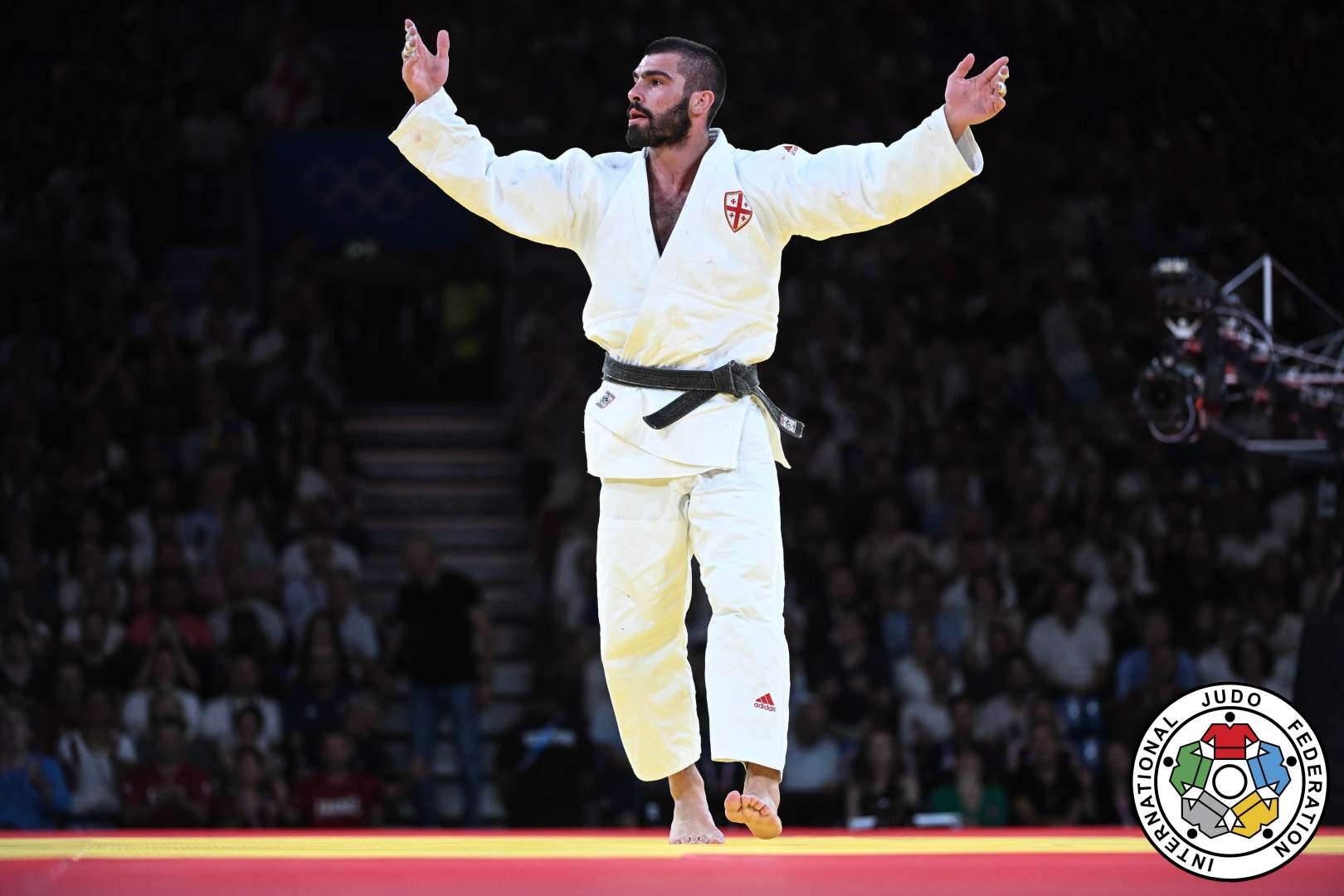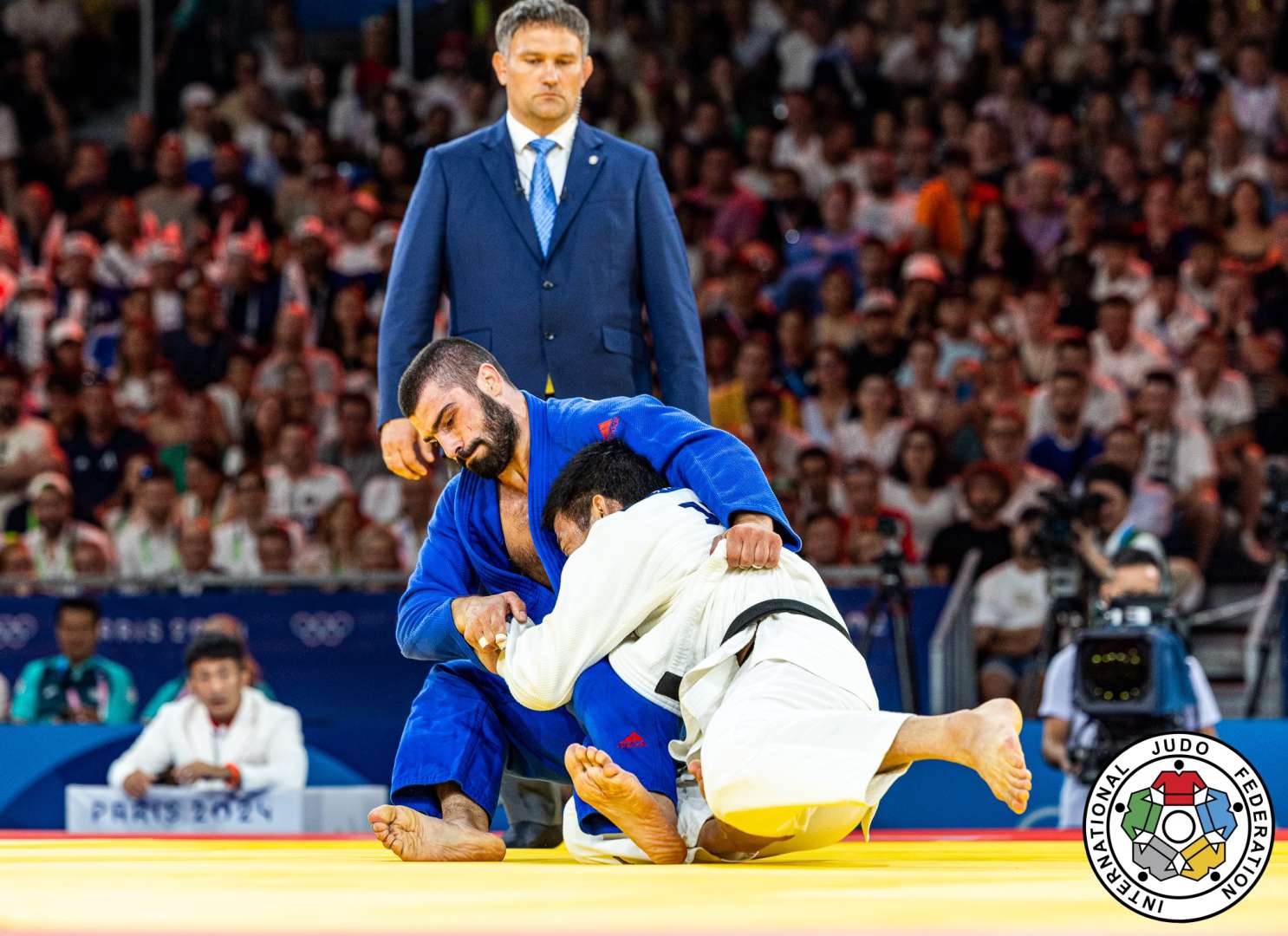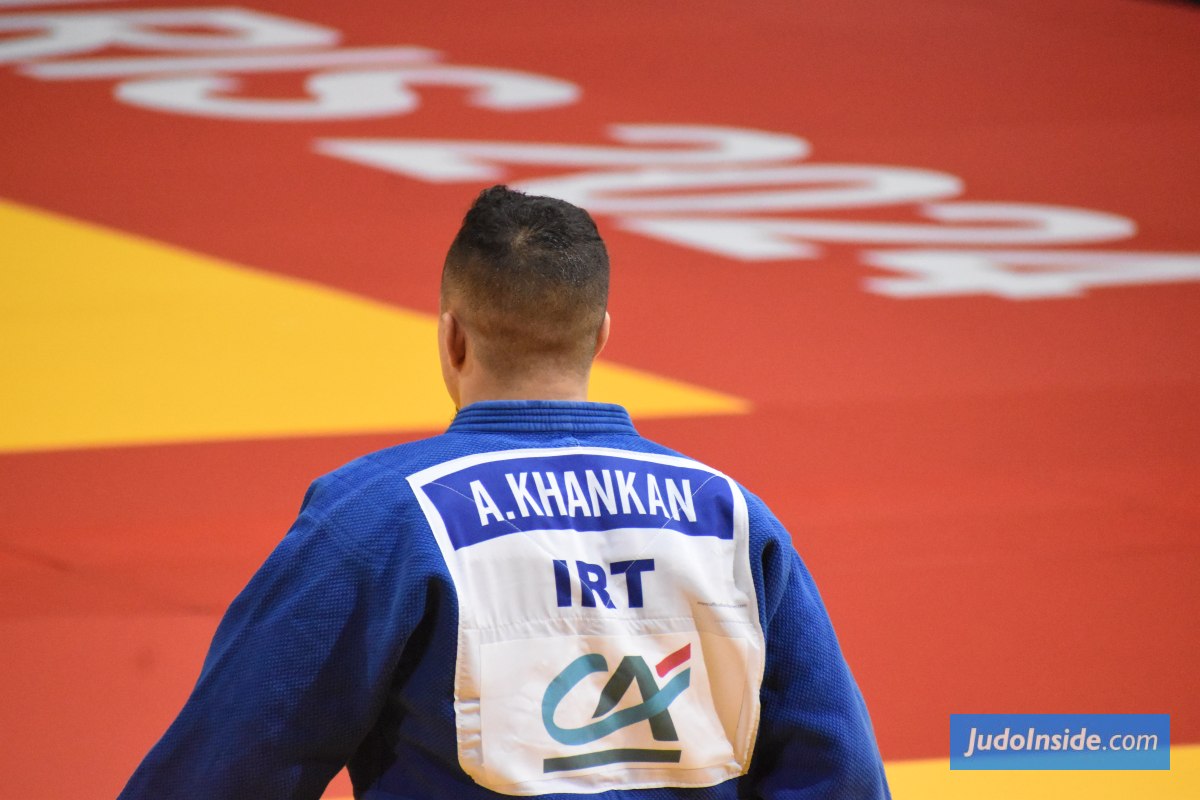Roberge and Morgan finish ninth at Judo Olympics

 19 Aug 2004 21:30
19 Aug 2004 21:30
 Sportcom > Christian Jutras
Sportcom > Christian Jutras
 Lou DiGesare / realjudo.net
Lou DiGesare / realjudo.net
Catherine Roberge and Keith Morgan both had similar paths and finished in ninth place at the 2004 Olympic Games, but their rankings have totally different meanings. The former was in her first Olympic tournament, gaining more experience, while the latter probably participated in his last Summer Games. The expectations were not the same.
Only 22 years old, Catherine Roberge is already looking ahead at the 2008 and 2012 Olympic Games. While disappointing at first, this ninth place can only help her in the future. For Morgan, who’ll turn 31 in a few months, this was probably the last chance to fulfill one of the few missing goals of his career: win an Olympic medal. Unfortunately, a lingering shoulder injury didn’t allow the Calgary native to make himself justice.
Roberge’s fight After a bye in the first round, Roberge had to face Great Britain’s Kate Howey, who had won a silver medal at the 2000 Summer Games in Sydney. None of the two were able to score attacks in what turned out to be a defensive fight. Roberge won because of her opponent’s two non-fighting penalties, while she had only one.
« This was a strategic fight, » Roberge said. « I wanted to tire her out and force non-fighting penalties, because I knew I wasn’t going to get an ippon against an experienced opponent who’s in her fourth of fifth Olympic tournament. Since she waits for an error of her opponent to have the edge, I had to keep my hands low to avoid being taken down. »
In the quarter finals, it was a similar fight, but the end result was different. Annett Boehm, from Germany, was impeccable defensively against Roberge and won. Boehm even forced Roberge to take two non-fighting penalties before eventually winning one of the two bronze medals.
« We know each other very well. Her tactic was better than mine. She didn’t try to throw me around during the fight. I had penalties because I wasn’t dynamic enough, while Boehm managed the rest of the fight very well. »
In the draft, the Quebec judoka had to face Dongya Qin, the other bronze medallist, in what turned out to be a controversial ending.
« I made a move for the ippon and they awarded it to Qin because I fell on my back, » Roberge said. « Maybe it was a mistake to try it at that moment, but there was no reason to give the ippon since she was going to be penalized anyway. I can’t overturn a decision by the referees. It’s a shame it had to end this way, because a bronze medal was within my grasp. Nonetheless, this first Olympic experience is enriching. »
Masae Uno, from Japan, won the gold medal by defeating Edith Bosch (Netherlands) by ippon. Uno is also the reigning World champion in the 70 kg category.
Difficult tournament for Morgan
As for Morgan, he needed every second on the clock to win his first two fights. While he was trailing Abbas Fallah, he was able to win by ippon with only four seconds to go against a judoka from Iran who had a tough and unorthodox style. Morgan focused on the upper body of his opponent and was able to score on a superb sacrifice movement (sumi-gaeshi) that he absolutely needed to win.
The same scenario took place in the second round, when he beat Egyptian Hesham Misbah with only 15 seconds remaining in the fight. Before this successful attack, nothing exciting took place.
In the quarter finals, Morgan was defeated by Hee Tae Hwang, who had two waza-ari. Even though the Corean didn’t win a medal, he is the defending World champion in his category.
The luck of the draw didn’t help Morgan much in the draft, since he had to face the 2000 Olympic champion, Mark Huizinga. The judoka from the Netherlands won by ippon and eventually took a bronze medal.
« In this sport, you only have one day to prove yourself Today, I didn’t have it, » Morgan simply said in a TV interview.
In the finals, Zurab Zviaduri (Georgia) won the gold medal by ippon against Hiroshi Izumi, from Japan.
 like
like
 share
share
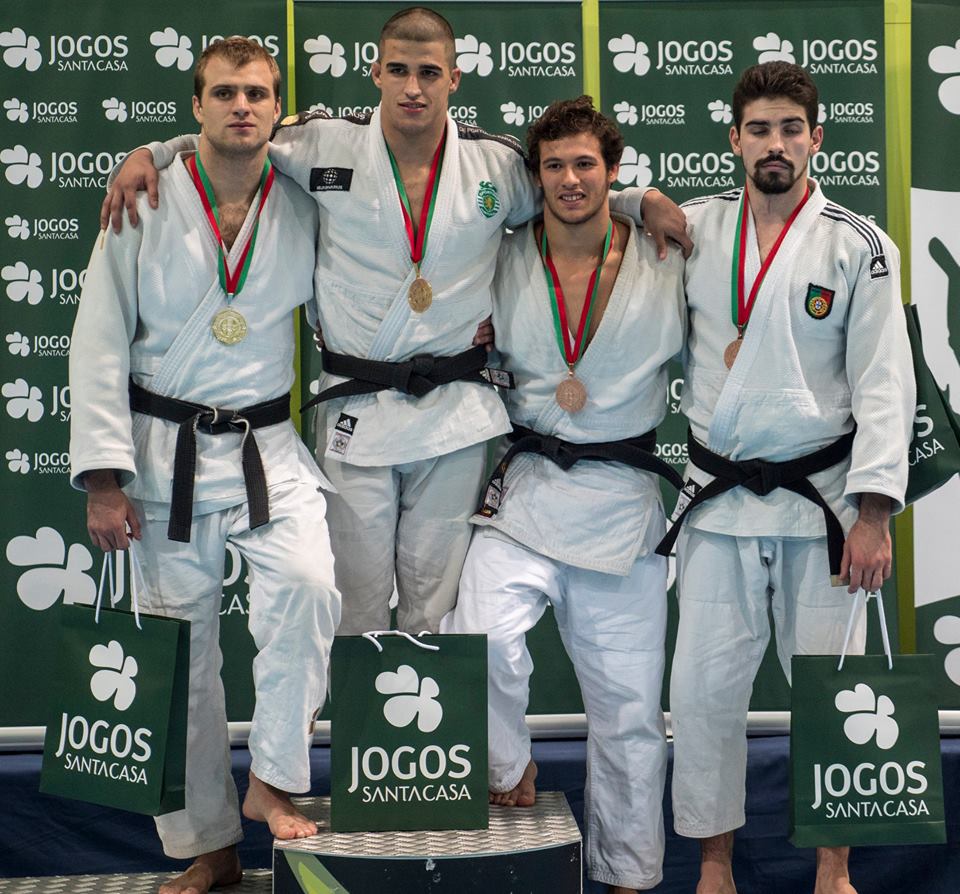
| Result | City | Date |
|---|---|---|
| 2 | Paris | 2024 |
| 1 | Abu Dhabi | 2024 |
| 1 | Zagreb | 2024 |
| 3 | Belgrade | 2023 |
| 2 | Montpellier | 2023 |
 - ROBERGE, Catherine (CAN)2.jpg)
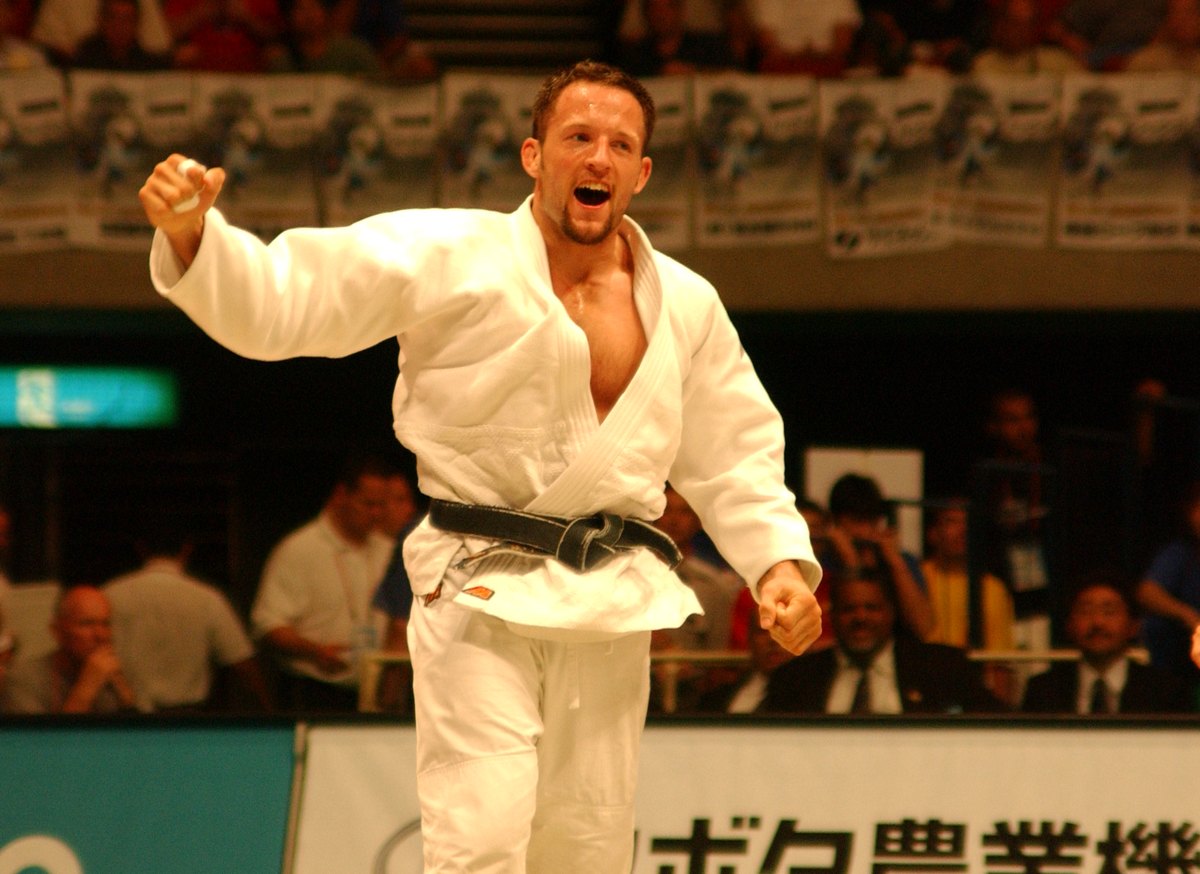
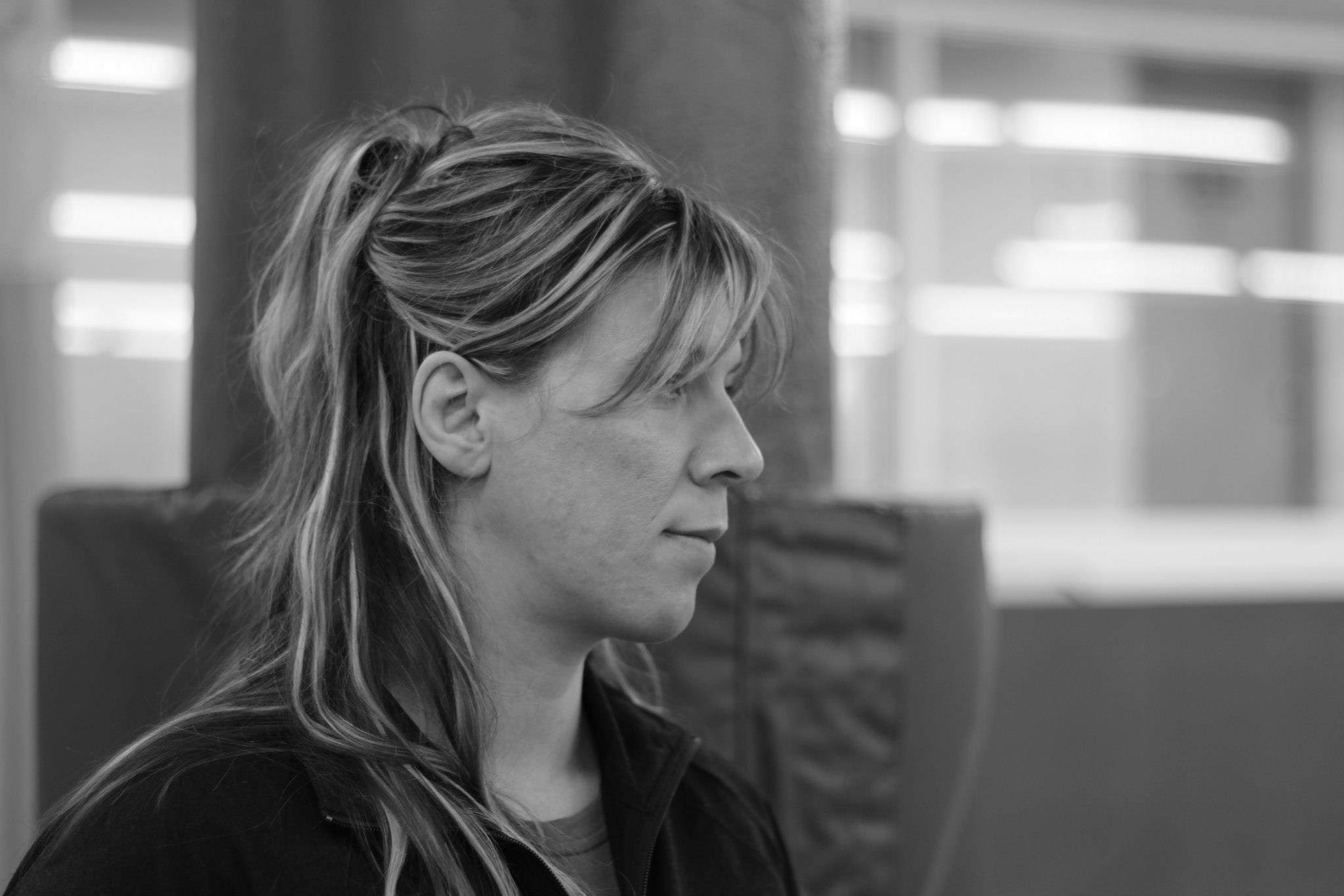
 - MALZAHN, Luise (GER)5.jpg)

